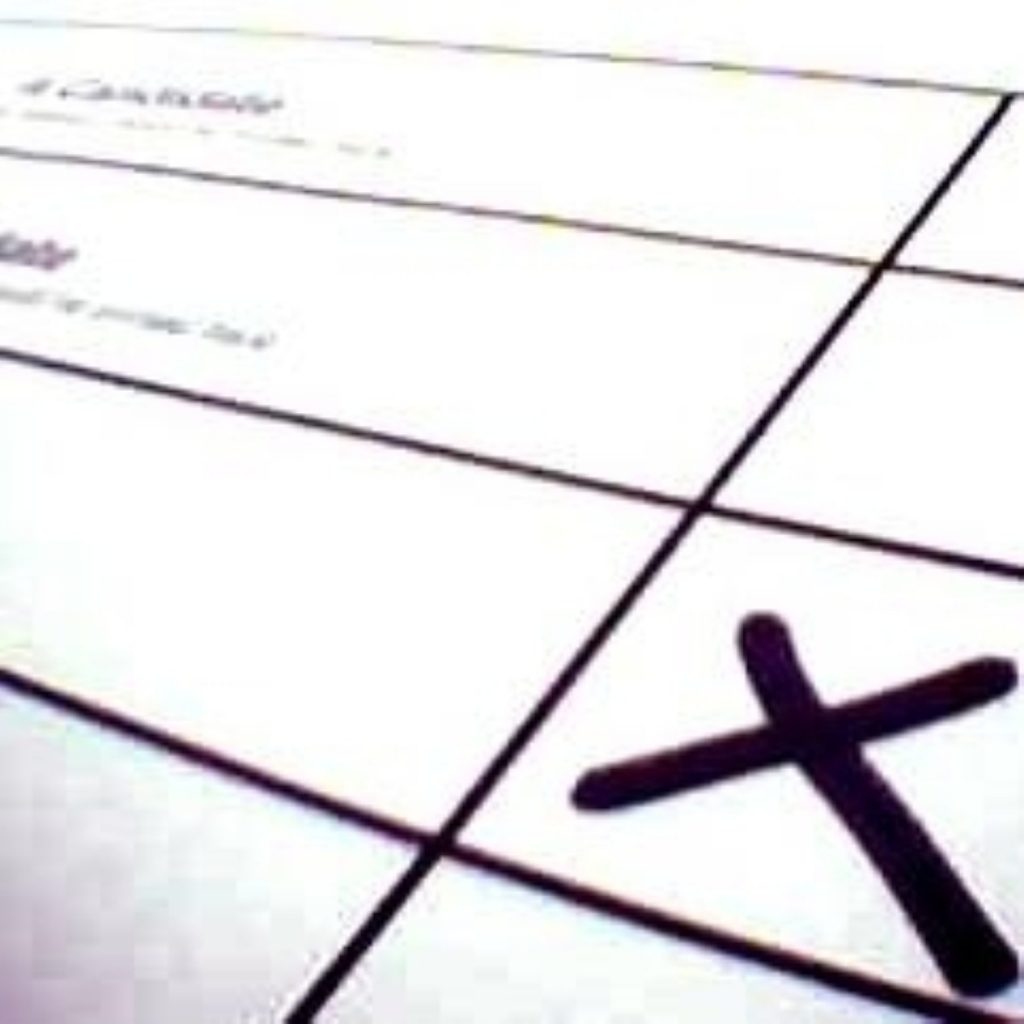Labour spending plans come under fire
Labour’s plans to curb election spending in the wake of the cash-for-peerages scandal have met outright resistance from opposition parties and electoral reform groups.
In a daring and angry critique, the Conservatives claim the plans are just a way of consolidating Labour’s vote at the next election.
Jack Straw, the justice secretary, has proposed a system limiting individual candidates’ spending to £12,000, with the system being policed by a beefed-up Electoral Commission.
But Tories say this is a direct attempt to prevent a Conservative resurgence in their target seats.


David Cameron’s party enjoys the almost limitless financial support of millionaire deputy chairman Lord Ashcroft. Candidates in over one hundred seats can apply for tens of thousands of pound from the controversial peer, with some believed to have received over £50,000.
In a further blow to the Tories’ re-election campaign, rules on ‘triggering’ are to be reintroduced, placing strict limits on the amount candidates can spend in constituencies before they have been selected. ‘Triggering’ was brought to an end in 2000 allowing candidates to spend fairly substantial amount of money in the months leading up to selection, but the report puts an end to that.
Francis Maude, shadow minister for the Cabinet Office, said: “The proposal to reintroduce ‘triggering’ could make it more difficult for candidates to campaign effectively and thus benefit sitting Labour MPs.
“This is an atrocious abuse of power for the government to force through restrictions on what parliamentary candidates can spend from money they have raised privately while sitting MPs can spend ever more of taxpayers’ money on promoting themselves.”
Labour argues the change affects their own candidates as well, specifically those funded through trade unions.
But the plans came under fire from electoral reform groups as well, who called the report “a wasted opportunity”.
Peter Facey, director of Unlock Democracy, said: “The proposals to bring back ‘triggering’ defy belief.
“The triggering rules were abolished because they were widely known to be unenforceable. Candidates simply got around the rules by referring to themselves as ‘parliamentary spokespeople’ or ‘local champions.’ This will be completely symbolic legislation that will achieve nothing.”
He continued: “The self-serving nature of the political class was made clear when Jack Straw stated that caps on donations could not be introduced due to a lack of cross-party consensus.
“Yet the government is quite prepared to force through its plans to compromise centuries-old civil liberties such as habeas corpus in the face of cross-party opposition. When governments consider the interests of political parties as more sacrosanct than the rights of individuals, we are truly lost.”

